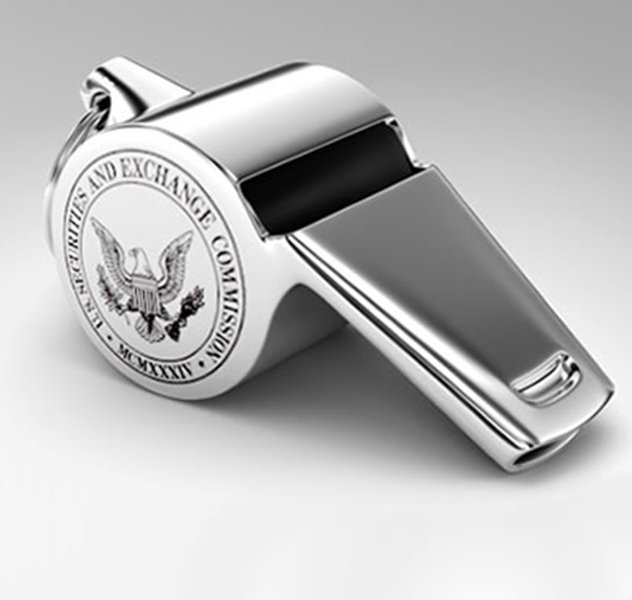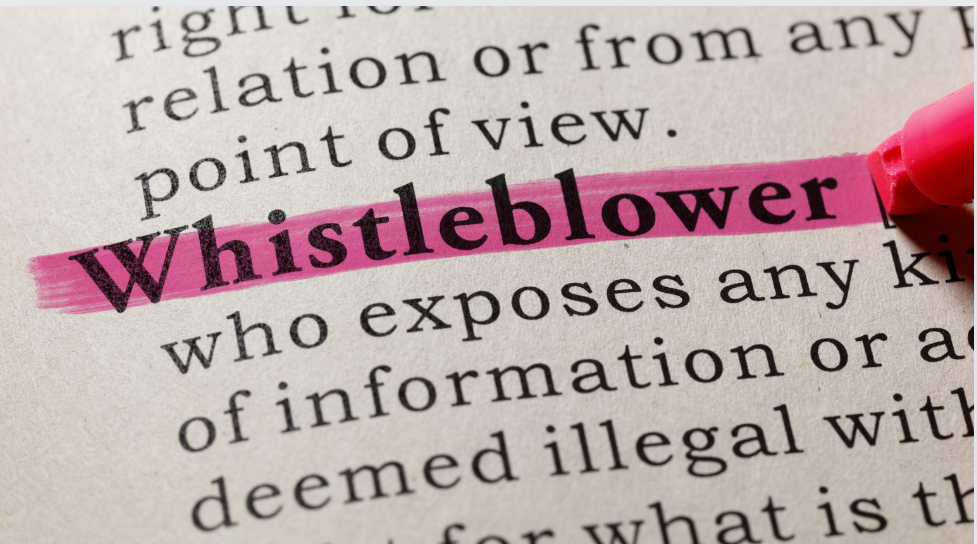The U.S. Securities and Exchange Commission’s (SEC) Whistleblower Program (WBP) has been a significant innovation in helping to detect corporate fraud since its inception in 2011. To date, the SEC has rewarded whistleblowers of corporate fraud with over USD 2 billion. However, recent research highlights a growing concern about the increasing involvement of activist short sellers in this program, suggesting that it might be time for the SEC to reassess its approach to awarding bounties to such short sellers.

Recently published research by Alexander Platt, a law professor at the University of Kansas, indicates that a substantial portion of whistleblower awards is being granted to corporate outsiders, particularly short sellers. This trend raises questions about the efficacy and fairness of the current system.
Platt’s research, drawing on data obtained through U.S. Freedom of Information Act requests, shows that 38% of the monetary value of awards in fiscal year 2022 went to company outsiders, a significant increase from previous years. This shift has led to concerns that the SEC is potentially spending its limited resources on information that short sellers would have made public regardless of the prospect of a bounty.
Indeed, activist short sellers like Carson Block of Muddy Waters Research have reportedly received millions of dollars in SEC whistleblower awards. These individuals already profit from identifying and publicizing corporate fraud while selling short a stock, creating a robust incentive to disclose such information independently of the WBP. As Platt argues, the additional financial incentives provided by the SEC may not significantly enhance fraud detection by the SEC, but rather acts merely as an additional windfall for these short sellers.
The WBP, originally designed to reward insiders whose unique access to non-public information makes their tips invaluable, is now heavily compensating outsiders who already benefit from their own market participation. And this also gives the impression that the SEC might be outsourcing its own public enforcement duties to these third-party private professional investors, essentially duplicating efforts and mis-allocating resources that could be better spent, either by expanding the SEC’s own enforcement capabilities or in rewarding true insider tipsters.
To address these concerns, it has been suggested that the SEC amend its rules to consider the private profits of whistleblowers when determining awards. Currently, the Program only limits bounty eligibility for those who receive compensation from other whistleblower programs, but it does not take account of any profits made through market activities, such as short-selling. This proposed change aims to ensure that awards are granted in a way that truly incentivizes new and critical disclosures, rather than simply rewarding actions that would have occurred even without the SEC’s involvement.
At the same time, there is a call for increased transparency and governance within the SEC. Notably, the SEC’s annual reports for the WBP have omitted data on the proportion of awards issued to insiders versus outsiders since financial year 2022. Restoring this transparency is deemed critical for evaluating the Program’s effectiveness and ensuring that it serves its intended purpose.
Contributor

Guylian-Antoine Bouffioux is an associate at Jones Day,
specialising in corporate law, mergers and acquisitions,
private equity, and equity capital markets.
He is a qualified lawyer admitted to the Brussels Bar





